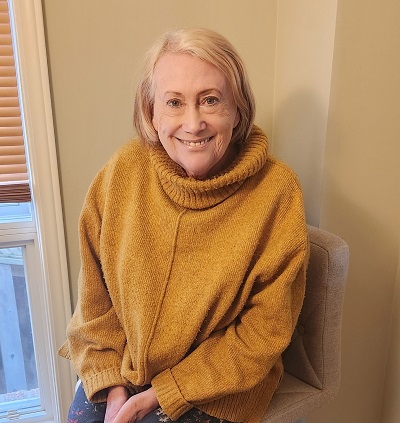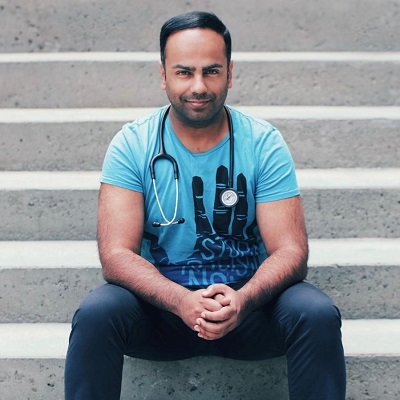The federal government’s commitment to table the Canada Pharmacare Act by the end of March 2024, including the development by the Canadian Drug Agency of a national formulary of essential medicines, may well help at least some of the millions of Canadians without access to prescription medications or with insufficient prescription drug coverage.
At least in theory.

However, for pharmacare to truly succeed in providing more comprehensive prescription drug coverage for people in Canada, federal, provincial and territorial governments must also work together to address the existing inequities for people actually accessing medications from public reimbursement plans – plans they are theoretically entitled to but cannot access because of practical challenges.
Provinces and territories determine not only the drugs to be reimbursed in their jurisdiction but also the conditions under which people can access them. These conditions often include co-pays, premiums and deductibles – in other words, some money to be paid out-of-pocket by the person needing the medications.
For people with low to modest incomes, any premiums, deductibles and copayments can make many medicines unaffordable. In fact, one in five Canadians struggle to pay for prescription drugs.
Thus a person’s employment, age, income and province of residence can determine their prescription drug access as a result of their ability or inability to contribute to public reimbursement coverage. This sets up inequities in access that can have serious consequences.
To cope, some people delay, skip or cut doses of prescribed medicines in half to make them last longer. Others cut back on food and heating costs to afford the medication and some simply go without and do not fill needed prescriptions.
Three million Canadians have reported not filling their prescriptions because they could not afford the cost. None of these options is acceptable. All are required for good health including prescription drugs essential for treating and managing many illnesses and health conditions.
Skipping or delaying medications for chronic diseases such as diabetes can have catastrophic consequences leading to hospitalization or even death.
Another example of inequity in practical access to drugs is in the area of cancer treatments. Most provinces pay for take home cancer treatments while a few do not. Two patients with the same type of cancer in a province that does not cover oral cancer treatments could have vastly different out-of-pocket expenses if one is offered an intravenous drug in hospital, while the other receives a prescription for a take-home oral medication.
While most jurisdictions have implemented catastrophic drug coverage for those not able to access public plans who face high out-of-pocket prescription drug expenses in relation to their income, the annual deductibles required — often a percentage of household net income — can still render the prescription unaffordable.
To eliminate barriers, federal and provincial/territorial governments must cooperate on finding solutions and be willing to fund them adequately. The federal government’s recent $35-million agreement with Prince Edward Island to help the province lower co-payments for certain medications under its provincial drug plan, reduce the deductible for its catastrophic drug program, and expand the number of drugs covered under its public health plan, shows how governments can work together to reduce inequities in access.
We need to see more partnerships like this.
Provincial and territorial governments must also work together to harmonize the medications they cover under their public health plans — a national formulary may well help with this — and to close the gaps in coverage between medications taken in hospital versus those taken at home.
All people in Canada deserve access to lifesaving medications regardless of where they live and how much they earn.
In reforming drug coverage, it is essential that governments consult with relevant stakeholders, including those with lived experience, those who serve them, and experts in health equity, who understand the problems and have solutions to fix them.
By working together, we can build a strong universal pharmacare program that does not leave anyone behind.
***
About the authors:

Louise Binder is the health policy consultant for Save Your Skin Foundation.

Dr. Naheed Dosani is a palliative care physician and health justice activist.




